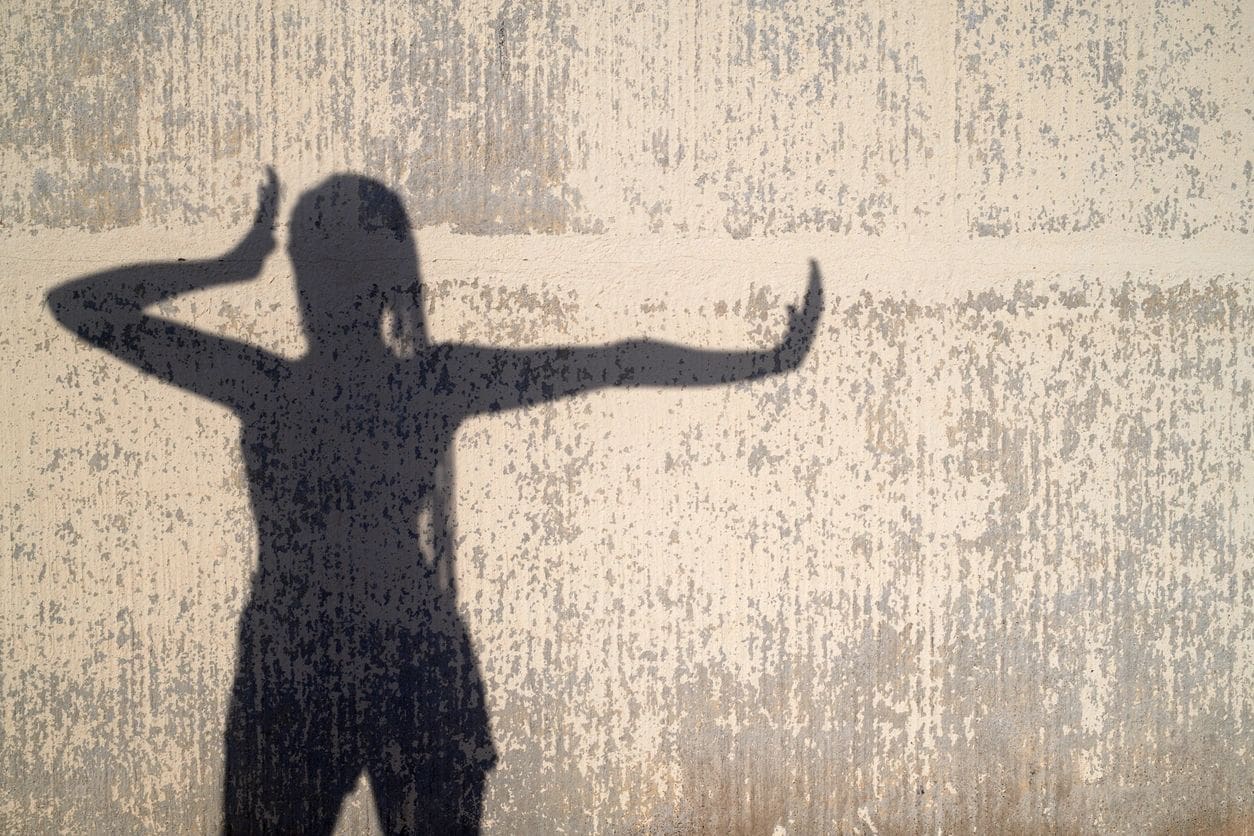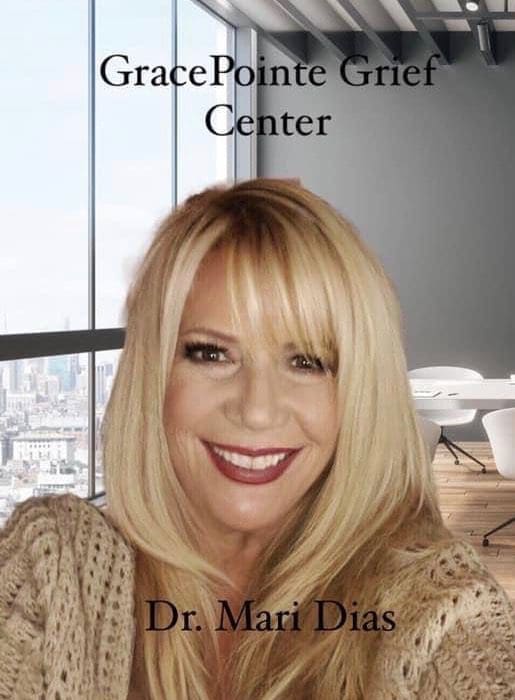Search Posts
Recent Posts
- Outdoors in RI: Help keep recreation areas clean. Invasive Milfoil, trash. 2A update – Jeff Gross July 26, 2024
- Real Estate in RI: Highest-ever sale in Queen’s Grant, EG $1.25M, by Residential Properties July 26, 2024
- Homeless in RI: Gov. Newsom issues Executive Order. Remove California’s encampments. July 26, 2024
- Let the games begin. XXXIII Summer Olympics – John Cardullo July 26, 2024
- GriefSPEAK: What would you do? – Mari Dias Nardolillo July 26, 2024
Categories
Subscribe!
Thanks for subscribing! Please check your email for further instructions.

GriefSpeak: A Loss by any other name is still a Loss – Dr. Mari Dias
By: Dr. Mari Dias
Molly, a senior in high school tells me:
“My grandmother is struggling with dementia. She doesn’t recognize me. She is in a nursing home and mom takes care of her. Even though she doesn’t know mom either. My grandfather fell and uses a walker, so he needs help as well. My Dad works all the time and Mom, and Dad are always arguing. My sister is a young, mom who has had her “hands full.”
My grandmother lived a great life. What’s the matter with me? Am I crazy? I experience anxiety on a daily basis, and I am about to go away to college next year. Am I grieving? She is not dead.”
I offered Molly the following scenario:
“Picture a mobile that hangs above an infant’s crib. For the sake of ease, there are 3 tiers, the first contains 2 figures (your grandmother and grandfather). The second tier has 4 figures (your mom, dad, sister and you, and the third has one figure (your nephew). Think of the tiers as generations of a family. The mobile is perfectly balanced. You can wind it up and play music and the entirety of each tier moves in tandem with synchronicity.
Now, what might happen if one of the 2 figures on the first tier falls off? This would be your grandmother. She can no longer serve in her role as matriarch, the cog in the family wheel for celebrations. She is no longer available as your confidante. She can no longer be the primary caregiver of your grandfather, who is struggling with mobility issues. The first tier becomes unbalanced- tips and hangs and loses equilibrium. This is what happens with the loss of a family member. The figure that falls off the mobile represents the loss of someone in the first generation, a family member who is lost to addiction, mental illness, divorce, brain injury, stroke, and in your case, dementia.
We need balance. When it is disrupted, we may feel anxious, numb, angry, – a whole myriad of emotions and often feel them simultaneously. Whether consciously or not, we try to create balance. There are a number of machinations we go through in order to achieve this balance, but one of the most common is for a family member from another tier to attempt to take the place of the missing member. A figure in the second tier will dislodge and move up to take the place of the one that dropped off. This would be your mom. Now we have balance. But only in the first tier. As someone in the second tier takes over the role of the missing figure in the first tier, the second tier becomes unbalanced. Your third tier contains your nephew. He is too young to take over anyone’s role in the second tier to achieve balance,) but feels the anxiety and stress that his mom (your sister) feels over your mom’s inability to help her because of the issues with your grandmother and grandfather.
When we have a loss of balance, we often view it as chaos and a lack of control, both of which cause anxiety. Yes Molly, you are grieving. Your anxiety is a common stepchild to grief. You have “lost” your grandmother, and in a sense your mother and the stability of your family home. You wonder if you can go away to college, taking your anxiety with you as an unwelcome companion and the potential results. Will it affect your academic performance? Will your roommates understand anxiety and the behaviors associated with it? It’s all scary. Sounds like you might be thinking you can help “balance” the situation if you stay home.
Unfortunately, we are not that powerful. Today you have reached a level of understanding and awareness – yet we know that although awareness is necessary for change, it is not sufficient. Let’s work towards living with the imbalance and without the anxiety.
How does that sound?
Molly left my office with an understanding that she is grieving, there is a reason for her anxiety, and she is not crazy. We often struggle with “naming” a feeling and in Molly’s case, dismissing the possibility of grieving if no one has died. A loss, is a loss, is a loss.
_____

Dr. Mari Dias is a nationally board-certified counselor, holds a Fellow in Thanatology and is certified in both grief counseling and complicated grief. Dias is a Certified death doula, and has a Certificate in Psychological Autopsy.
She is Professor of Clinical Mental Health, Master of Science program, Johnson & Wales University. Dias is the director of GracePointe Grief Center, in North Kingstown, RI. For more information, go to: http://gracepointegrief.com/

Hello Dr. Dias,
That was very insightful, I’m over 50 and my mom has dementia. Molly is not alone!! We are both luckey to have great (HELP) !:) in our lives.
Colleen- thank you so much for your kind words. With Alzheimer’s we experience a loss long before our loved one dies.
Thanks for reading!
Mari